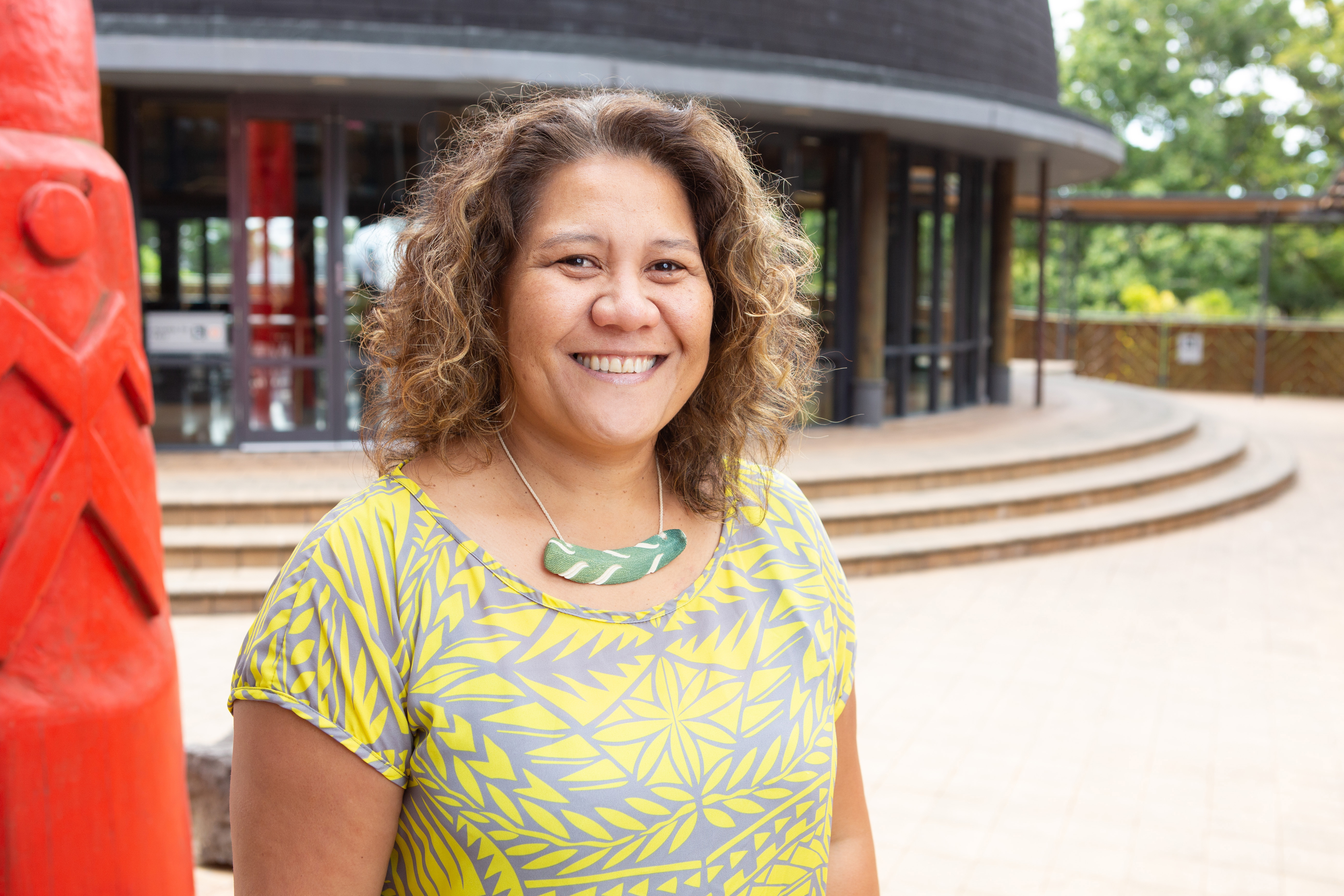Media Release
From: Health Research Council of New Zealand (HRC)Supporting the mental health of Pacific ‘climate change migrants’
New Zealand could become a potential relocation destination for many Pacific peoples displaced from their homelands by rising sea levels and other climate-change related natural disasters.
Dr Jemaima Tiatia-Seath, co-head of the School of Māori Studies and Pacific Studies at the University of Auckland, has received a Pacific Project grant from the Health Research Council of New Zealand (HRC) to explore how New Zealand could ready its health system to best support the mental health needs of Pacific ‘climate change migrants’. Her study will involve research sites in New Zealand, Niue and the Cook Islands.
“Very few people in the Pacific region will be unaffected by climate change, particularly as half the population live within 1.5 kilometers of the ocean. Rapid rises in sea level, more severe cyclones and floods, and changes to seasonal weather are all occurring in the Pacific and are attributed to climate change,” says Dr Tiatia-Seath.
“Migration is an indirect impact of climate change. One estimate is that 75 million people from the Asia-Pacific region will be forced to migrate by 2050 because of it. Much of the health research done to date has largely focused on the physical health problems associated with climate change – the mental health impacts have only recently been recognised.”
Dr Tiatia-Seath says Pacific peoples forced to relocate will likely be at higher risk of negative mental health challenges due to the cultural loss and stress of climate-induced migration.
“An understanding of this issue in New Zealand’s mental health sector is vital. Mental health services will need to cater to Pacific climate change migrants in culturally-inclusive ways and recognise the new challenges that migration and forced relocation will bring to the already visible barriers to mental health access for Pacific peoples.”
HRC manager of Pacific research investment, Tolotea Lanumata, says this study is very timely as the New Zealand Government has made looking at the impacts of climate change a priority.
“Climate change is predicted to have a substantial negative effect on global mental health. This study gives New Zealand the chance to get on the front-foot and prepare our health system for the mental health challenges that climate change will likely have on Pacific communities,” says Ms Lanumata.
The HRC has awarded funding for four Pacific project grants worth a combined total of $2.37 million. These grants form part of the HRC’s $81 million investment in new research projects and programmes announced today by Minister Megan Woods.




